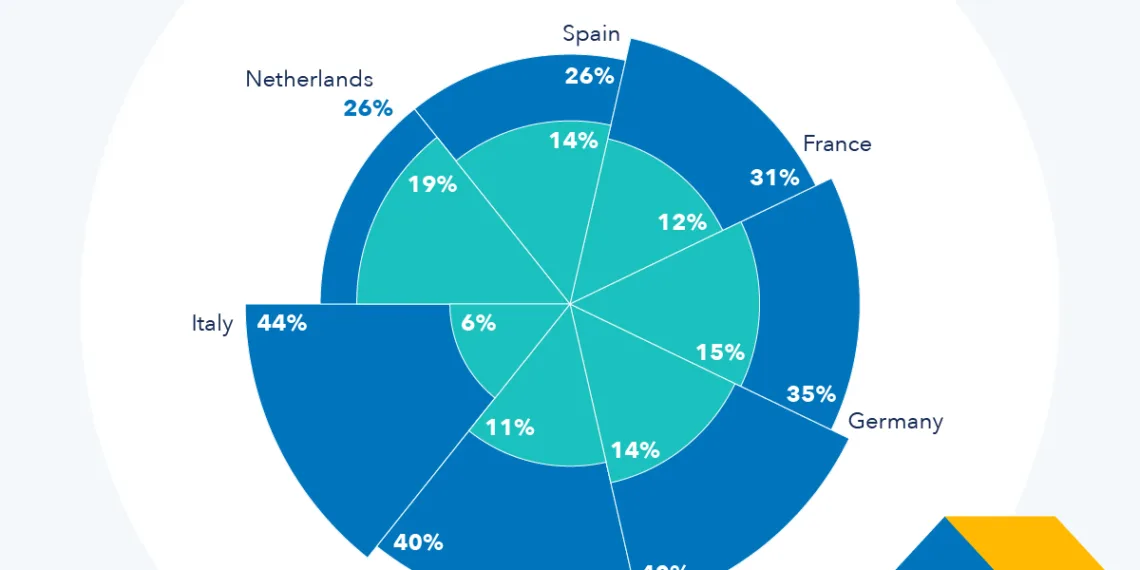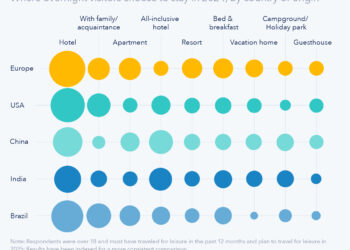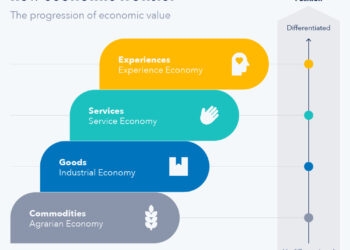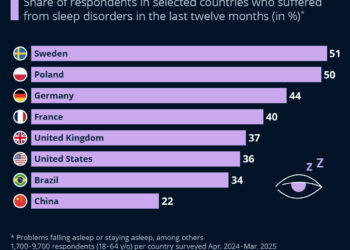The Impact of Short-Term Rentals in Europe: A Closer Look
Understanding Short-Term Rentals
Short-term rentals (STRs) have become increasingly popular in Europe, especially in tourist-heavy countries. These accommodations, often facilitated through platforms like Airbnb and Vrbo, allow homeowners to rent out their properties for brief periods. While STRs provide travelers with unique experiences and options, they also generate discussions about their impact on local communities.
Positive Perceptions of Short-Term Rentals
Financial Benefits
A recent study conducted by the European Commission highlighted that 35% of respondents viewed STRs positively for their neighborhoods, with the majority attributing this sentiment to financial benefits. With the rising costs of living in many European cities, STRs can provide much-needed extra income for homeowners, allowing them to cover expenses or invest in further property enhancements.
Economic Boost to Local Businesses
The presence of short-term rentals often stimulates local economies. Guests frequently shop at nearby stores, dine at local restaurants, and engage in various leisure activities. This influx of visitors supports small businesses and contributes to job creation within the community.
Varied Perceptions Across Europe
Country-Specific Attitudes
The study revealed that attitudes towards STRs varied significantly by country. In nations renowned for their tourist potential, such as Italy, Greece, and Portugal, respondents were particularly favorable towards the impact of STRs. The essence of hospitality and the cultural expectation of welcoming visitors might play a role in shaping these positive views.
Contrasting Opinions
On the flip side, only 12% of participants reported a negative impact from STRs. This minority may be concerned about various aspects, including noise, crowding, and the potential for community disruption. Such concerns highlight the tensions that can arise when accommodating the desire for tourism alongside maintaining the quality of life for residents.
Community Dynamics and STRs
Balancing Tourism and Local Needs
Finding a balance between the influx of tourists and the wellbeing of local residents is crucial. Communities must assess how STRs affect their unique dynamics, considering both the economic benefits and the potential strain on infrastructure. Dialogue among stakeholders—including property owners, local businesses, city officials, and residents—can facilitate a more harmonious coexistence.
Regulatory Responses
In response to the growing popularity of short-term rentals, many cities across Europe are implementing regulations. These rules aim to ensure that STRs contribute positively to their neighborhoods while safeguarding housing availability for locals. Stricter requirements, such as registration, licensing, and limitations on the number of days properties can be rented, are measures being explored.
Conclusion (Omitted)
As the landscape of travel and accommodation continues to evolve in Europe, the role of short-term rentals is becoming increasingly significant. Understanding the varied perceptions and implications of STRs will be essential for communities as they navigate this transformative period in tourism and hospitality.
Feel free to explore more about the economic impact, community perceptions, and future of short-term rentals across various countries in Europe!






